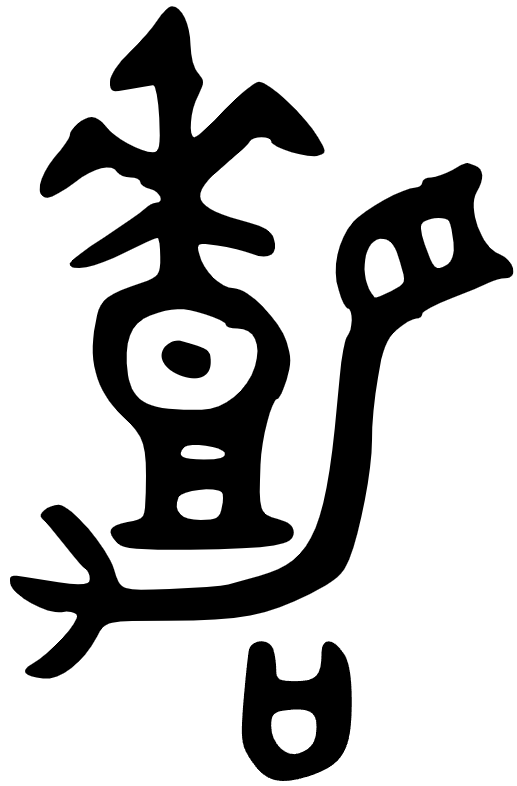Clarity,
Office 17622,
PO Box 6945,
London.
W1A 6US
United Kingdom
Phone/ Voicemail:
+44 (0)20 3287 3053 (UK)
+1 (561) 459-4758 (US).


‘Travelling, creating small success.
Travelling, constancy brings good fortune.’
‘Treading in confusion.
Honour it,
Not a mistake.’
‘offered it a whole series of rooms in which it had at one time or another slept, while the unseen walls, shifting and adapting themselves to the shape of each successive room that it remembered, whirled round it in the dark.’
Swann’s Way – Proust – translated by Moncrieff
‘The vessel contains something real.
My companions are afflicted,
Cannot come near me.
Good fortune.’
‘All have confidence. Regrets vanish.’
‘Stilling your self,
No mistake.’

‘Praiseworthy retreat.
Constancy, good fortune.’
‘Not meeting at all, going past it.
Flying bird leaves.
Pitfall,
Rightly called calamity and blunder.’
‘Going past your ancestral father, meeting your ancestral mother.
Not reaching your ruler, meeting his minister.
No mistake.’
‘No mistake.
Not going past, meeting it.
Going on is dangerous, must be on guard.
Do not use ever-flowing constancy.’
I hadn't noticed that. So I think it applies to 62 uc too?Disaster in Small Exceeding comes from not meeting – not encountering face to face, not making the connection. (Hence the disastrous pantomime moment of line 3, when the attack comes from behind.)
Clarity,
Office 17622,
PO Box 6945,
London.
W1A 6US
United Kingdom
Phone/ Voicemail:
+44 (0)20 3287 3053 (UK)
+1 (561) 459-4758 (US).